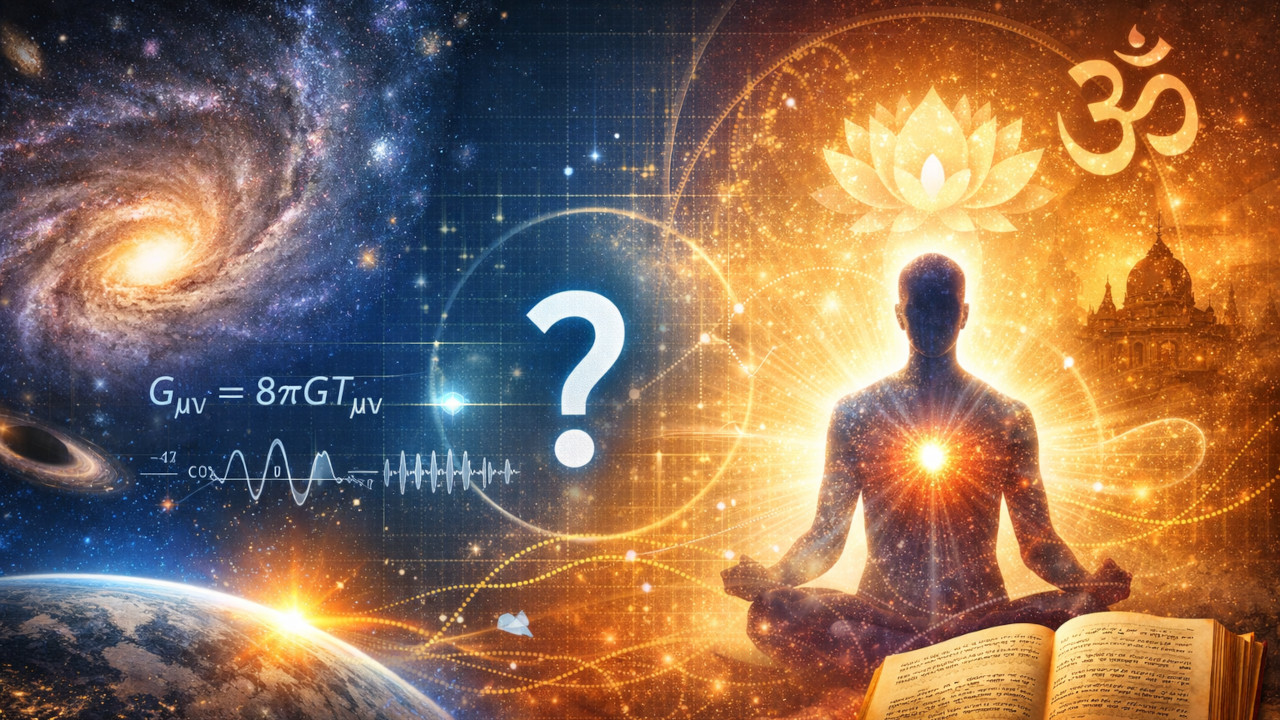In an era of extraordinary scientific progress—where we can simulate universes, decode genomes, and probe the subatomic realm—the deepest question remains unresolved: Why are we here? This book argues that despite our technological mastery, modern science has overlooked its most fundamental subject: consciousness itself. Drawing from Bhāgavata philosophy—a tradition rooted in the study of consciousness, relationality, and transcendence—the work proposes an integrative framework that unites empirical inquiry with metaphysical depth.
Bridging cosmology, biology, and information theory with ancient Vedic insight, it reveals compelling patterns that suggest a universe tuned not only for life, but for awareness. Topics include the fine-tuning of cosmic constants, the enigma of life’s origins, and the challenge consciousness poses to materialist explanations. Through this synthesis, reality emerges not as a static machine but as an intelligent, participatory system—perhaps more akin to an interactive field of information than inert matter.
Grounded in nearly thirty years of study and practice, including collaboration with the Temple of the Vedic Planetarium, the author presents a rigorous yet accessible exploration of consciousness as the foundation of existence. Rather than preaching belief, the book invites open inquiry—encouraging scientists, philosophers, and seekers alike to rediscover meaning through a broader way of knowing. By integrating the precision of science with the introspective clarity of spiritual wisdom, it offers a compelling vision of a cosmos where consciousness and love (bhakti) are not anomalies, but the very purpose of creation.
Access the book online: link






